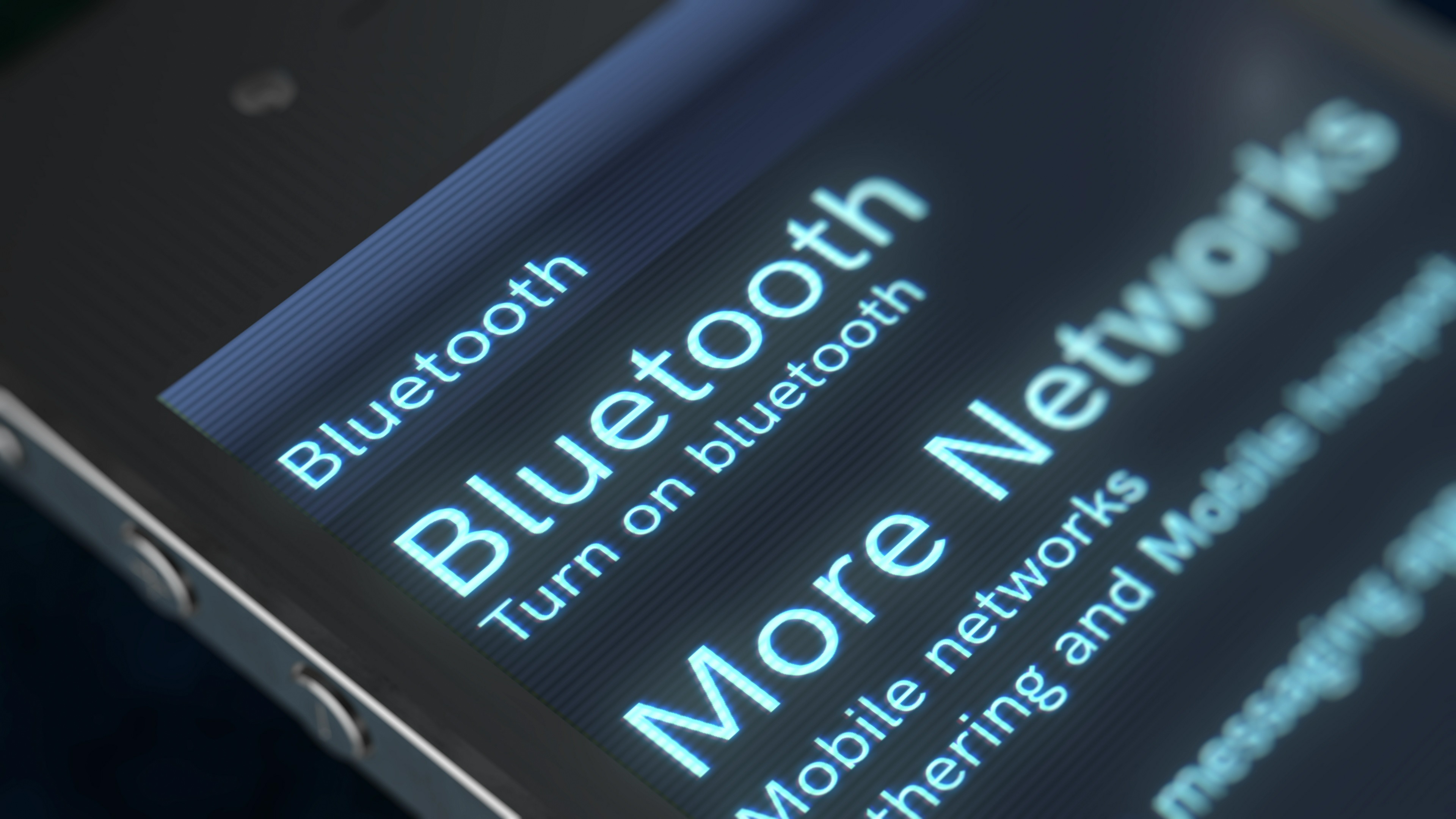
Around this time last year, Google and Apple teamed up to announce a new specification designed to prevent Bluetooth-enabled tracking devices from tracking users without their knowledge.
At the time, the specifications were just a proposal. The best Bluetooth trackers can be very useful for finding keys or other items. However, they can also be misused to track individuals, often without their knowledge. Apple devices weren't great at stopping Bluetooth trackers.
It appears that the specification is finally becoming a reality. Announced today, Apple and Google are rolling out a new specification called Detecting Unwanted Location Trackers for Bluetooth tracking devices.
The original proposal was submitted to the Internet Engineering Task Force where interested parties were able to review and comment on the proposal over a three month period. After that, Apple and Google were able to work together to release an implementation of the specification.
There was some expectation that the specification would be rolled out before the end of 2023. Based on meeting notes and video, the IETF working group on Detecting Unwanted Location Trackers was still working through the proposal as late as March of this year. However, it appears all parties worked through it to roll out the new specification. Apple and Google say that both companies will continue to work with the IETF to develop an official standard on the specification.
The specification will be implemented in iOS 17.5, which was just released this week. Google is adding the capability to Android 6.0+ devices. Android is currently on version 14, with 15 expected to be released late this fall, so the new specification goes back quite a ways.
Now, users will get an “[Item] Found Moving With You” alert on their device if an unknown Bluetooth tracking device is seen moving with them over time, regardless of the platform the device is paired with.”
The alert means that an AirTag, Find My accessory, or other Bluetooth tracker device is moving with the person. According to Apple, the iPhone will view the tracker’s identifier and have the tracker play a sound to help locate it. It will also provide access to instructions to disable the Bluetooth device.
On Android, the alert is slightly different. Android alerts will say, “Tracker traveling with you” if an unknown Bluetooth tracker is found. Similarly, though, it will let users play a sound to find the device and access instructions to disable it.
Apple says that Bluetooth manufacturers like Chipolo, eufy, Jio, Motorola and Pebblebee have committed to making future Bluetooth trackers compatible with the new specifications.







